LAFLIN — A year ago, faithful followers of Saint Joseph entered into the Annual Novena to their patron and model at Saint Joseph’s Oblate Seminary with more enthusiasm than ever, uplifted by Bishop Joseph C. Bambera’s declaration of the “Year of Saint Joseph” in the Scranton Diocese. The devotional event proved short-lived as the COVID-19 pandemic abruptly shut down the Novena halfway through.
The disappointment only heightened the resolve of devotees in 2021, who were able to return to their place of worship emboldened by Pope Francis’s proclamation in December of a worldwide “Year of Saint Joseph” to mark the 150th anniversary of the foster father of Jesus being declared patron of the Universal Church.
Cathy Mack was raised in an atmosphere of devotion to Saint Joseph as she recalled how the spirit of the Guardian of the Holy Family permeated her home parish of Saint Rocco in Pittston as a child.
The ethnic parish was staffed by the Italian-immigrant Saint Joseph Oblate priests, whose commitment to fostering veneration to their patron saint was also evident to Mack as a student at the former parish’s Saint Rocco Elementary School.
“We were educated to know all about Saint Joseph,” Mack said. “In our home, in our church and in our school, we were always taught that whatever the need, you ‘go to Saint Joseph.’”
Much like the many devotees of the Spouse of the Blessed Virgin Mary in the Greater Pittston area and beyond, Mack was over-joyed with the special designation of the “Year of Saint Joseph” by both the Holy Father and the Bishop of Scranton.
The cenacle leader of the Eucharistic Apostles of Divine Mercy and a member of Saints Peter & Paul Parish in Plains, Mack stressed, “Saint Joseph is our protector. We need him now more than ever as Father figure for all of us.”
Mary Jo Chiampi has been attending the Solemn Novena to Saint Joseph at the Oblates of Saint Joseph Seminary in Laflin for the past 55 years. Members of Saint Joseph Marello Parish in Pittston, she and her husband Anthony faithfully attended this year’s nine-day Novena at the Oblates leading up the Solemnity of Saint Joseph on March 19.
Mary Jo, who claims both the Blessed Mother and Saint Joseph as her patron saints since her middle name — Josephine — honors the Holy Spouse of the Virgin Mary, said the devotion began for her as a special intention for her niece, who battled health issues since the tender age of six.
“As a little girl, my niece was diagnosed with serious diabetes,” she related. “We were praying devoutly for her condition to improve. It was 55 years ago I said to my sister-in-law (the girl’s mother), ‘there’s a Novena to Saint Joseph on the highway,’” referring to the OSJ Seminary on Route 315.
Despite a multitude of medical problems — including cancer — Mary Jo’s niece defied the odds and lived for 53 years.
“As far as I’m concerned, that was all Saint Joseph interceding for us over the years,” she said. “Prayer is what keeps us going. Our prayer is what gets us through every day.”
She was quick to attribute the power of prayer to her husband’s successful recovery from open-heart surgery years ago, and that the couple was spared from serious illness during the first year of the coronavirus pandemic.
Mary Jo is grateful for the peace and solace she finds in the intimate chapel at the nearby seminary, where the spirit of Saint Joseph is constantly present, awaiting prayerful devotion. “Prayers are answered,” she said, “and if they are not, there is a reason.”
Jim Liberski of Saint Barbara Parish in Exeter was grateful for the livestream broadcast of this year’s Saint Joseph Novena, in additon to the services being aired over JMJ Catholic Radio which broadcasts from its facilities within the Oblates seminary.
The noon livestream broadcast of the Novena was an extension of the daily Mass from the seminary chapel that has been airing online since Saint Joseph Oblate Father Paul McDonnell returned to his duties as rector of the religious congregation in the Diocese in July after serving seven years with the OSJ community in California.
“The Masses at the Oblates are very serene and you feel good about going to church during this pandemic,” Liberski said. “If I can’t make it to the (chapel) or watch it on TV, I can hear it on JMJ. The Oblates of Saint Joseph is very conducive to prayer and helps you feel God is close to you.”
A parishioner of Saints Peter & Paul in Plains, Maureen Kelly referred to the Oblates chapel in Laflin as “a special holy place with kind and compassionate priests.”
“We are so fortunate to have the annual novena to Saint Joseph celebrated in our area,” Kelly said, noting the widespread devotion to the guardian and protector of the Child Jesus and Blessed Mother.
“Saint Joseph is known as the patron saint of workers and people in our area relate to that title. He answers our prayers so often, and with this being the ‘Year of Saint Joseph’ I feel it is his time to do great things in our world.”
Kelly is also appreciative of the devotions regularly held at the seminary, including the weekly Holy Hour for Vocations and Novena to Saint Joseph and Saint Joseph Marello, the Italian bishop who founded the Oblates religious order nearly 150 years ago.
“It always makes me smile when I am riding on the highway and look over and see the beautiful grounds of the Oblates, with Saint Joseph the Worker on the building,” she added.
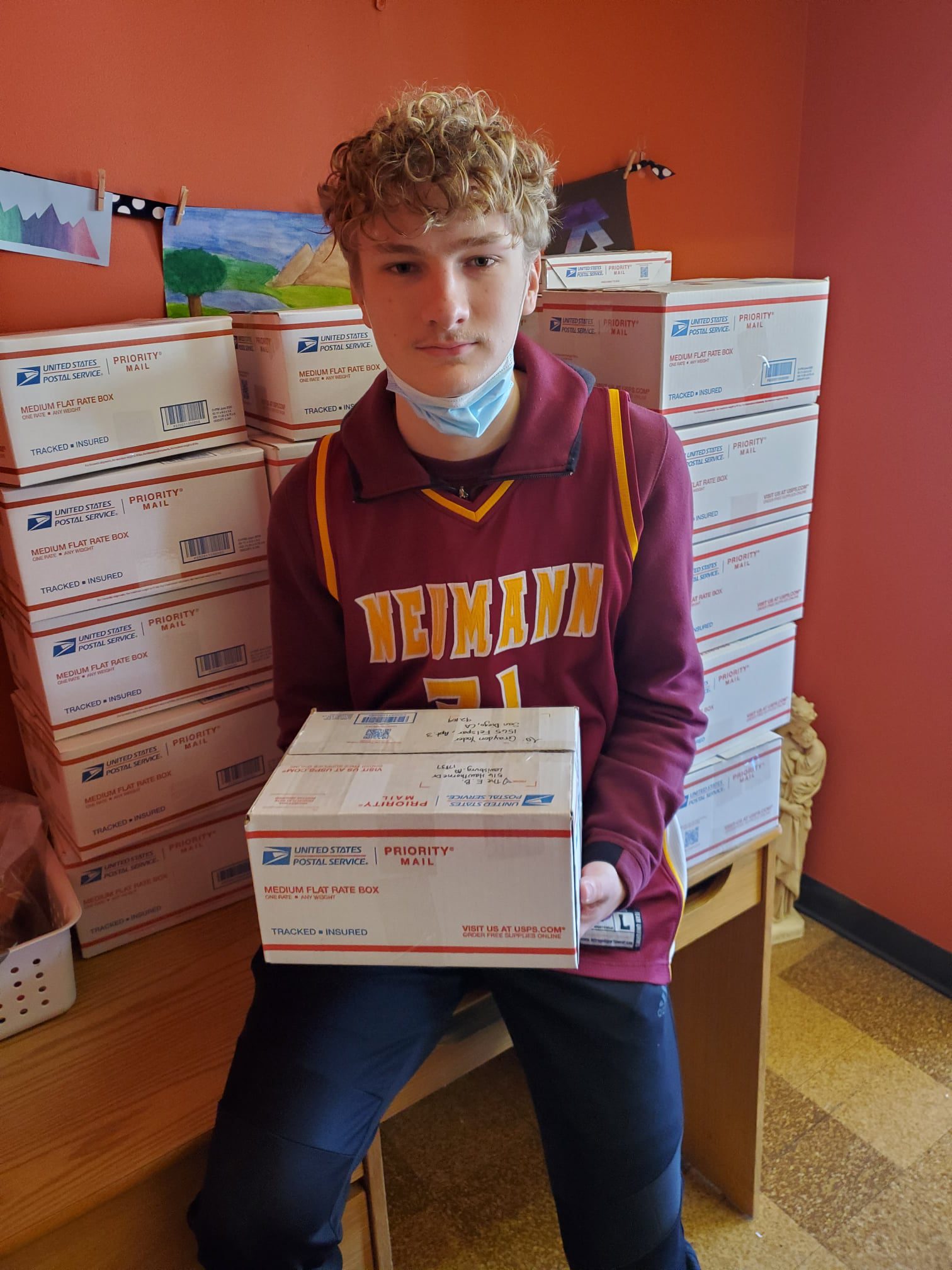

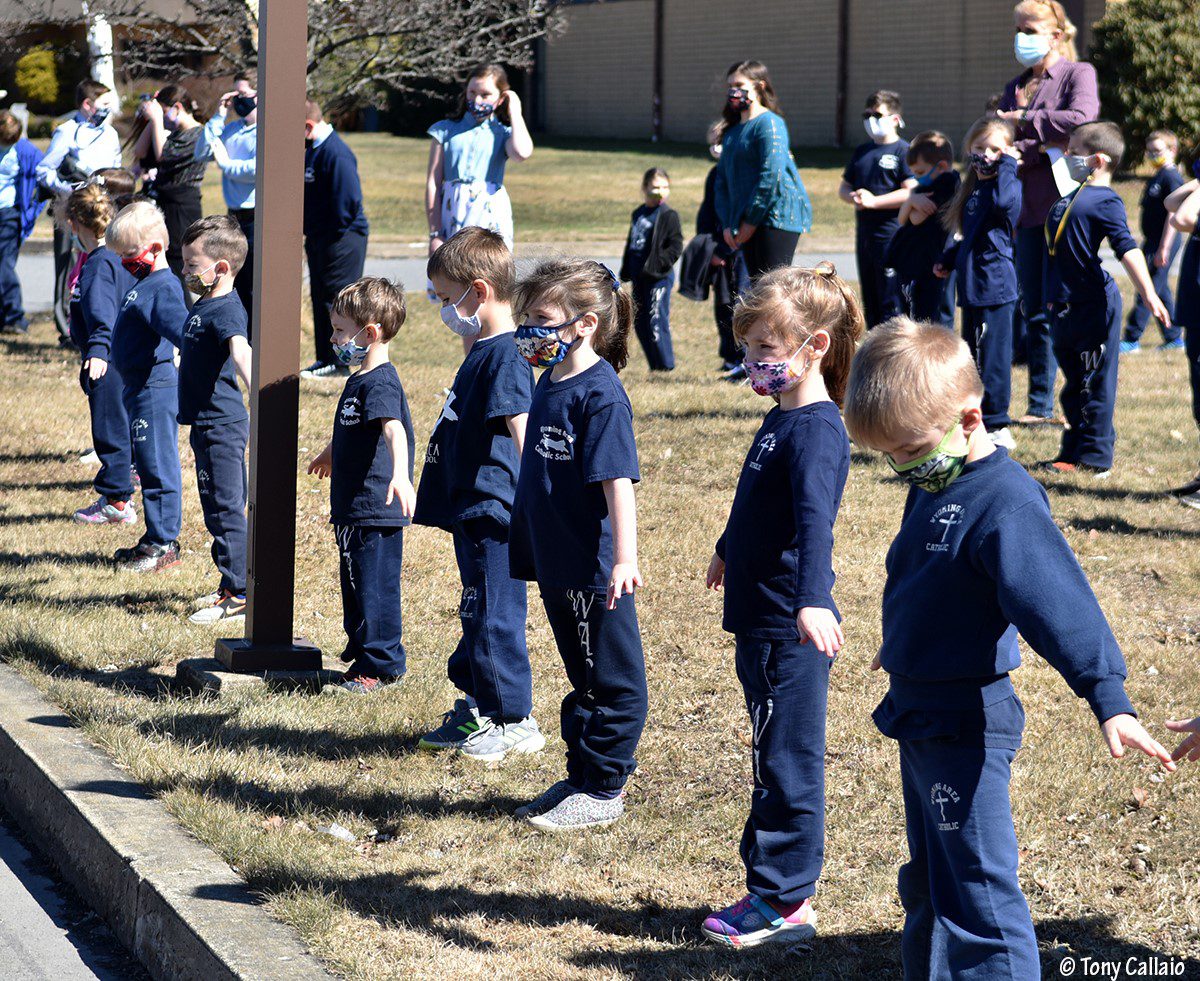
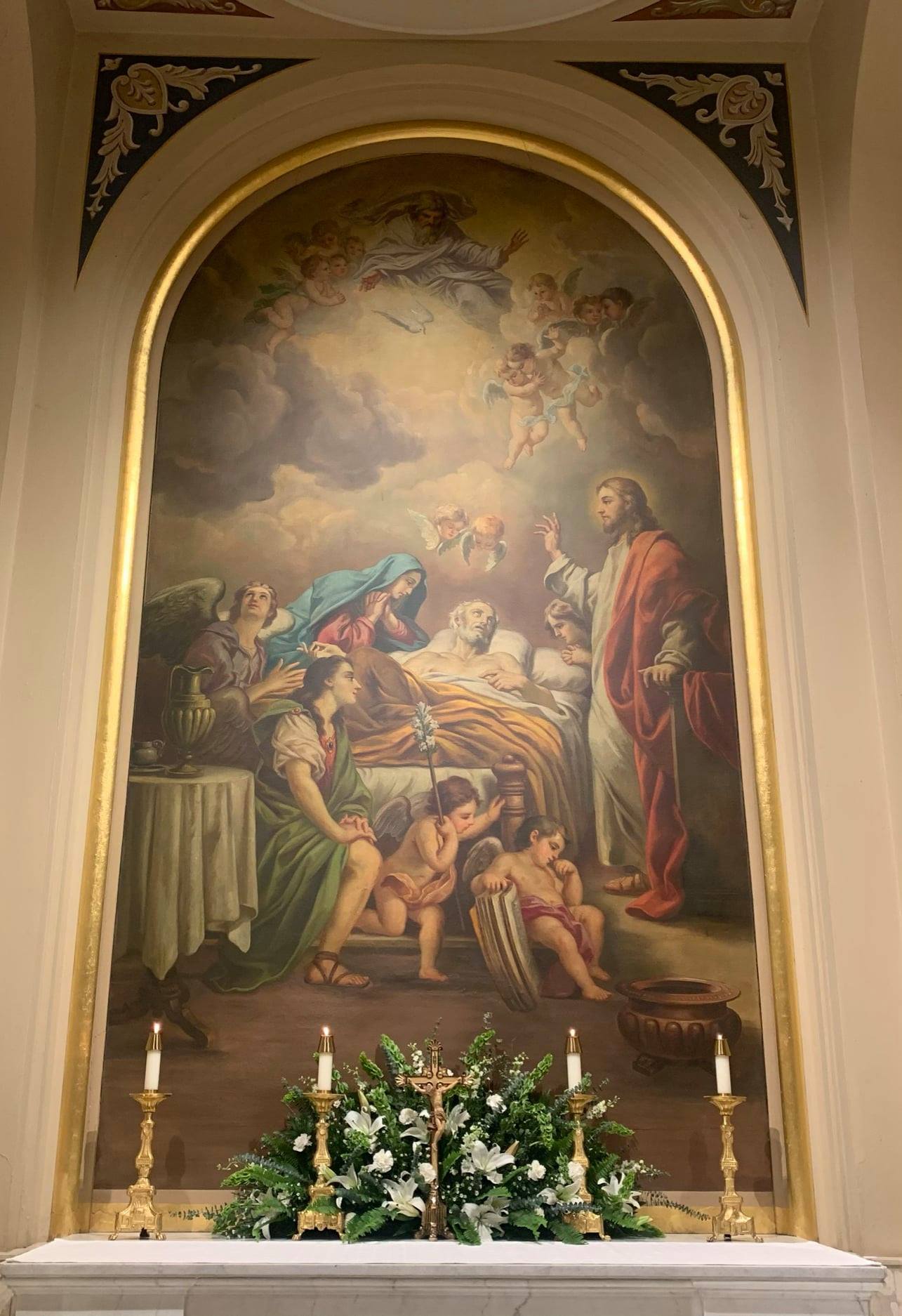
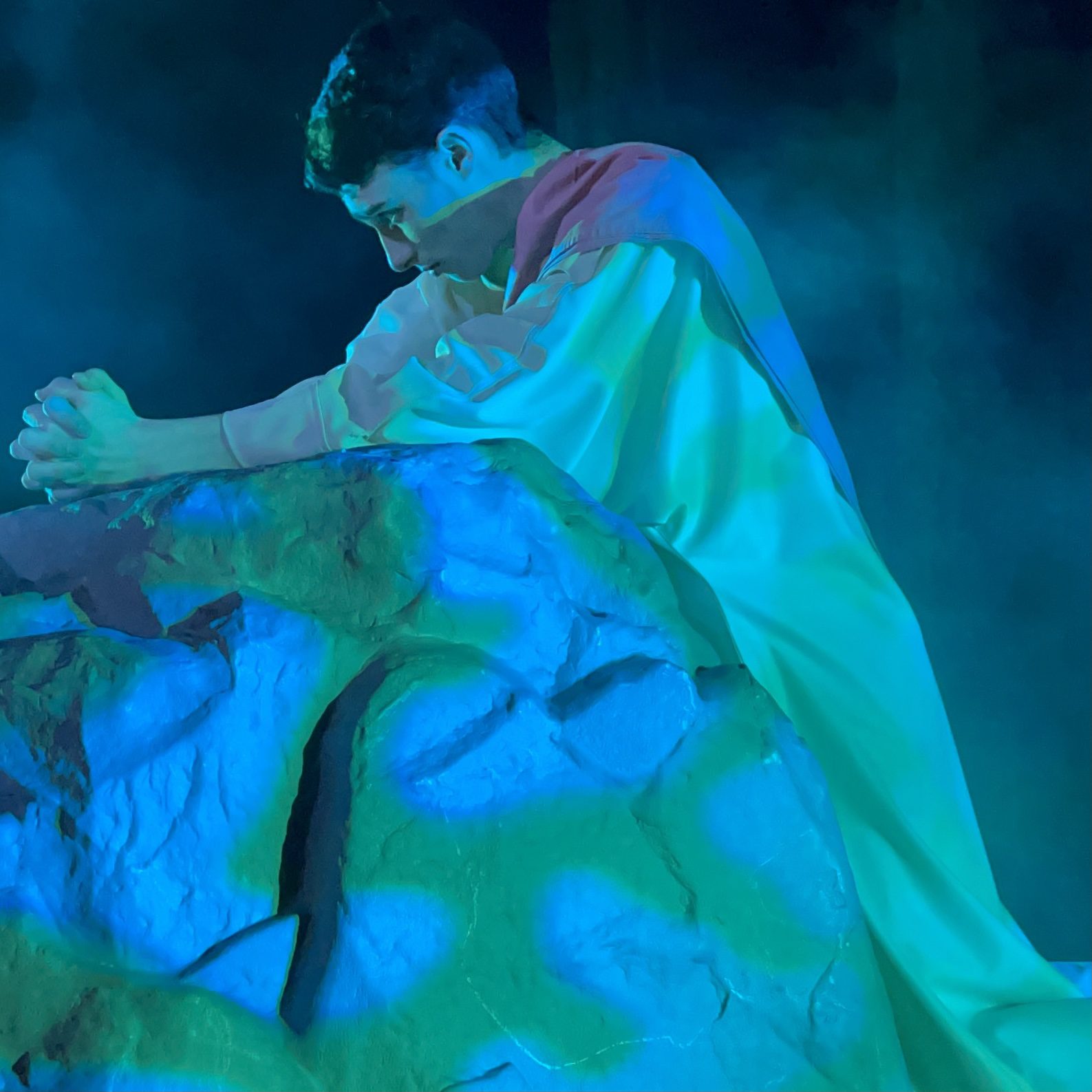
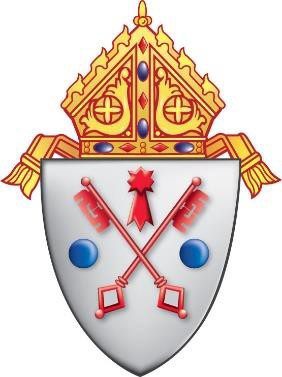
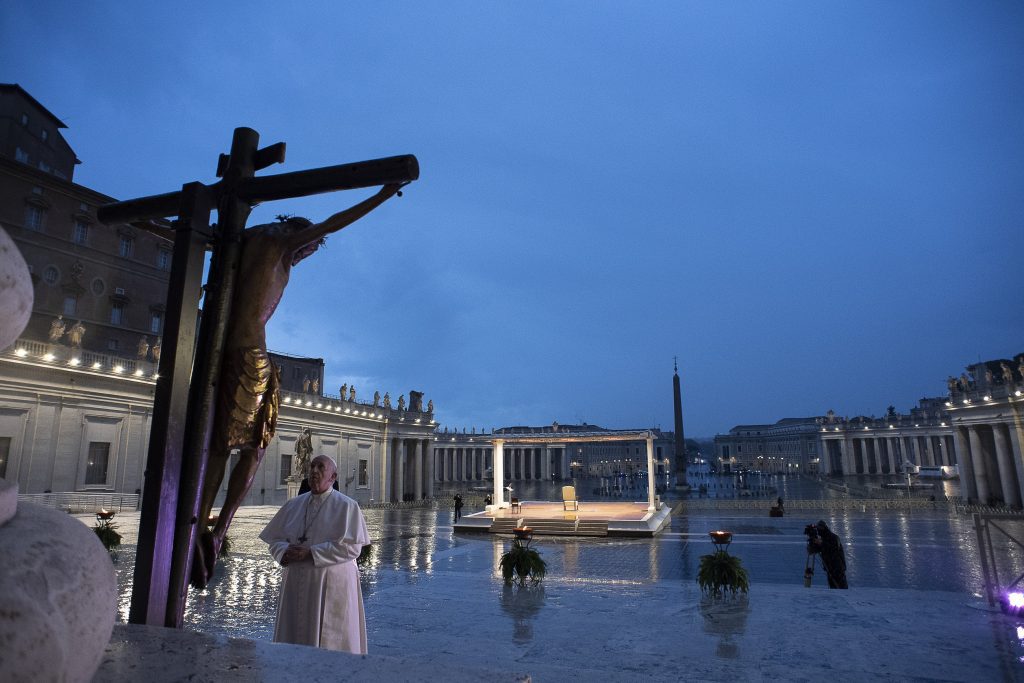
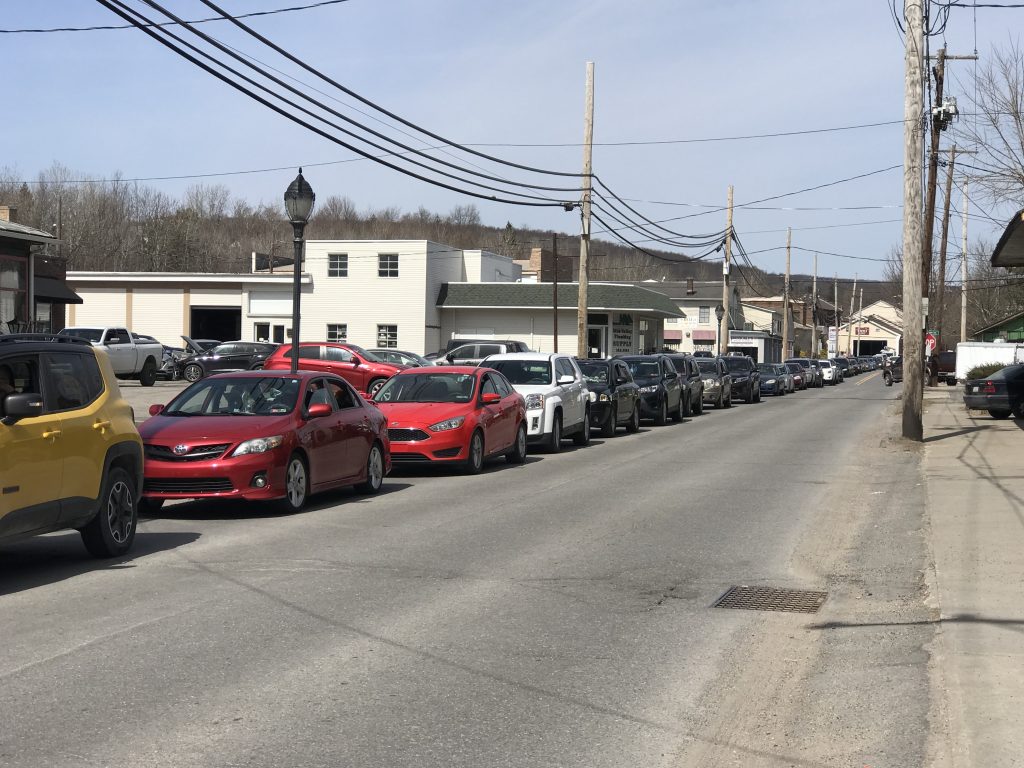
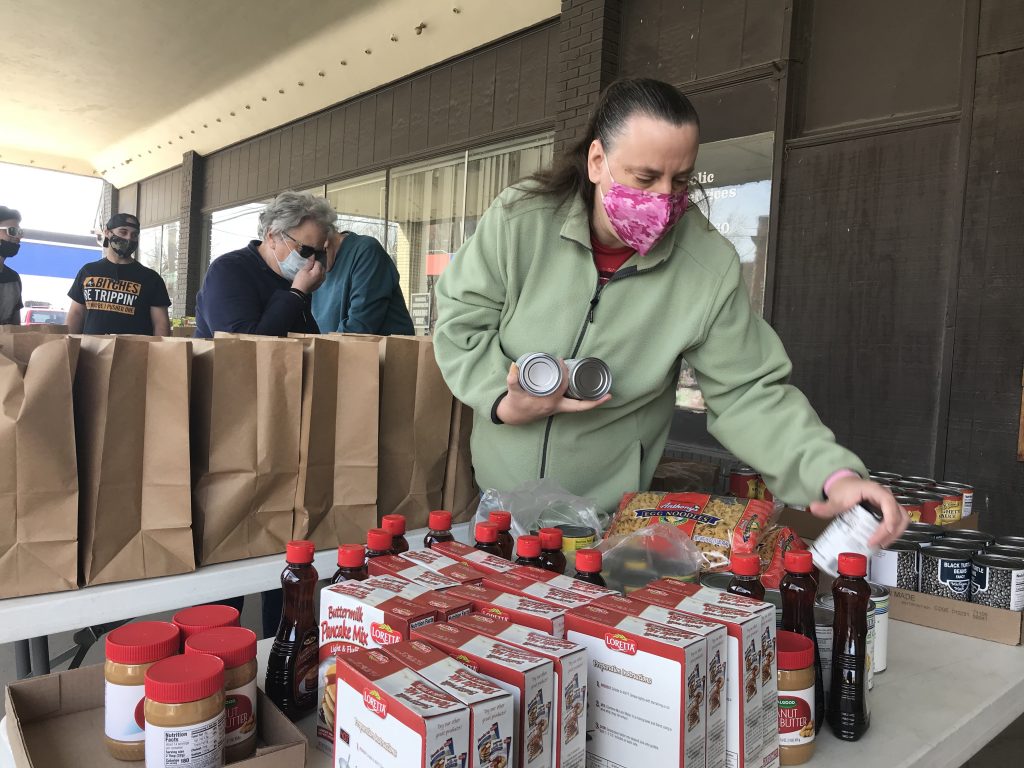 To help alleviate the stress of families around the holidays, Catholic Social Services in Carbondale has been hosting special food distributions in addition to their normal pantry services.
To help alleviate the stress of families around the holidays, Catholic Social Services in Carbondale has been hosting special food distributions in addition to their normal pantry services.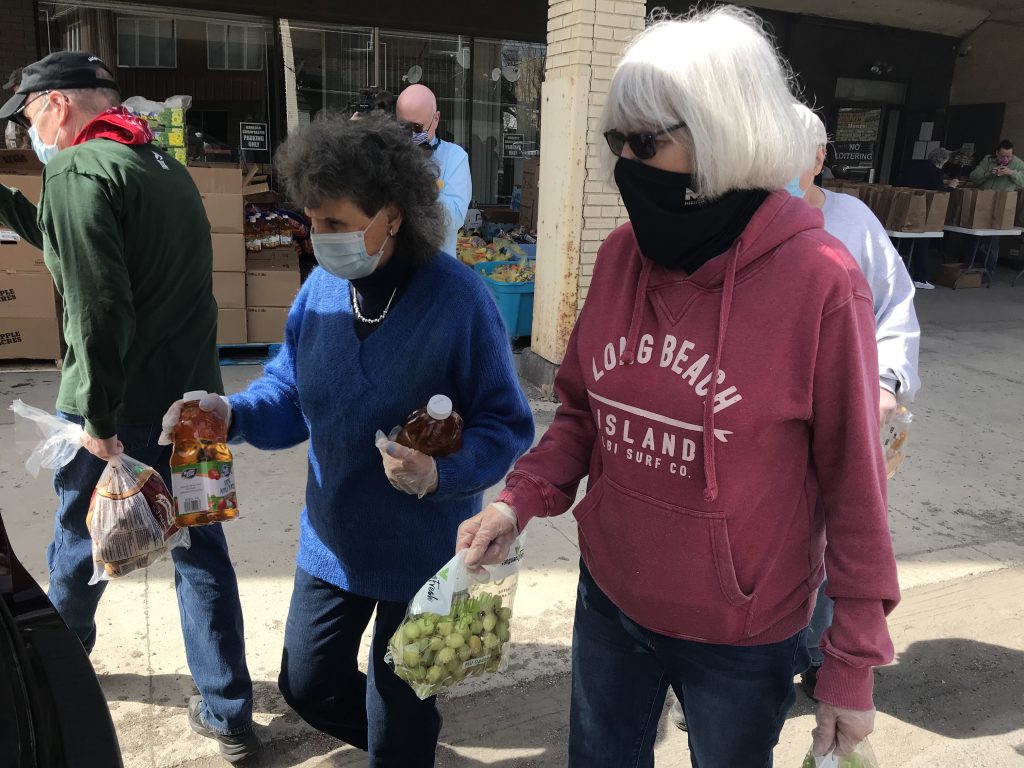
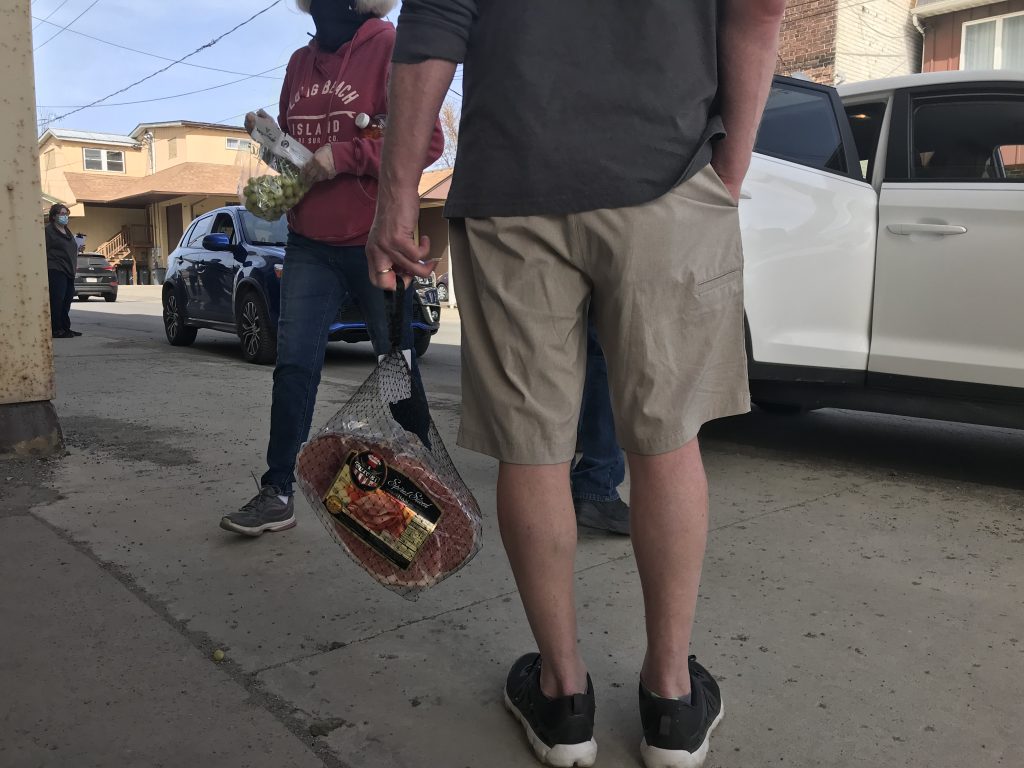 been out of work or couldn’t work because of the pandemic so there have been a lot more people needing food or clothing,” she added.
been out of work or couldn’t work because of the pandemic so there have been a lot more people needing food or clothing,” she added.